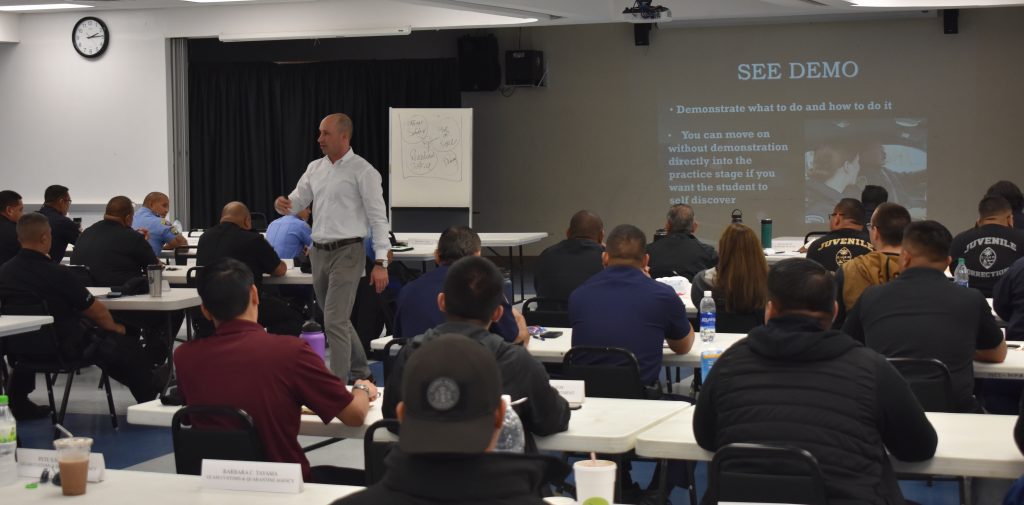Presentation by Jason Devlin
Training with P-R-I-D-E
Sergeant Jason Devlin has been a police officer with the City of Scottsdale since May 2003. During his time in law enforcement, Jason has served as a patrol officer, DUI enforcement officer, patrol sergeant, and is currently the sergeant of the Professional Development Unit. His current duties include supervision of the Field Training Program, Emerging Leaders Program, and Adaptive Decision-Making Program. Jason has been a keynote speaker and instructor at multiple law enforcement conferences on training development, adaptive decision-making, and field training. Prior to becoming a police officer, Jason was a 7th grade mathematics teacher. He also operates a law enforcement training and consulting business called Thin Blue Line of Leadership which interacts with an international law enforcement community through multiple social media platforms.

Breakout Sessions Offered
18 Breakout session topics and 2 panel discussions will include: Instructor Development, Deficient Trainees, Communication, Training Mindset, Health & Wellness, Leadership, Emotional Intelligence, Coaching & Mentoring, Cognitive Learning, Contemporary Training Needs, and Case Law Updates.














